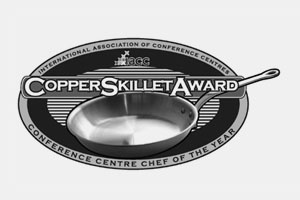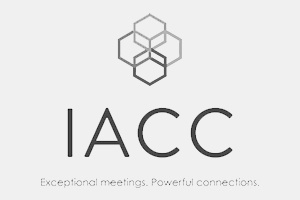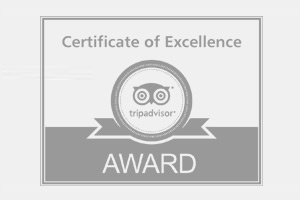The quest for undivided attention and deeper engagement has become the new challenge of our age. How can we make our workplace interactions more engaging, especially in those moments when we consciously choose to come together for a distinct purpose, such as in meetings?
In Praise of Slowness
The answer lies with Carl Honore, author of the international bestselling book ‘In Praise of Slowness’. Ambassador of the slow movement, Honore examines our global compulsion to hurry and a growing desire to ‘put on the brakes’. In contrast, he doesn’t suggest doing everything at a snail’s pace, rather doing everything at the right speed in order to gain quality over quantity experiences.
Applying Honore’s slow concept to the meetings industry isn’t difficult to do. Whilst there will always be a role for ‘short and sharp’, ‘speed’ and even ‘standing’ meetings designed to accelerate the decision-making process, these can never substitute those meetings whose aim it is to draw out creative and innovative thought. It is the latter that we in the industry need to embrace and facilitate.
Environment is key
‘Slow meetings’ encourage and celebrate face-to-face interaction. They enable a switch-off from technology and a switch-on to deeper, contemplative thinking. To maximise the effectiveness of slow meetings, the right environment is key. Dedicated conference venues are ideal for providing this escape, particularly those set in rural locations which provide natural stimuli. Ample grounds can be freely utilised for walking, fuelling delegates with energy and inspiration from the natural world. By nature’s very contrast to the modern technological life, research shows that neurologically the brain appreciates the rest it brings, enabling it to tune-in more effectively to fresh thought and perspectives. Better still, the brain is actively encouraged to remain in an effective, creative state for as long as is required.
Another way meeting environments facilitate slow meetings is in the very deliberate way they manage the essentials required to make a meeting a success. Nothing is taken for granted; everything is designed to run fluidly and naturally, so that there is no interruption to the reflective, contemplative atmosphere. Behind the scenes, experienced staff are trained to work efficiently so delegates hardly know they’re there. Fresh food is prepared and cooked with brain stimulation in mind, designed to keep delegates going for longer, increasing their productivity without them even knowing it.
It's all in the quality
Slow meetings are all about the quality of the experience. With a venue seamlessly taking care of all practical elements, delegates are free to enjoy both the physical and mental space, liberating their minds for problem solving and finding new perspectives. In such environments deeper connections with others are also made. It is this meaningfulness that provides true meeting value and lives on long after the return to the office or technology.






